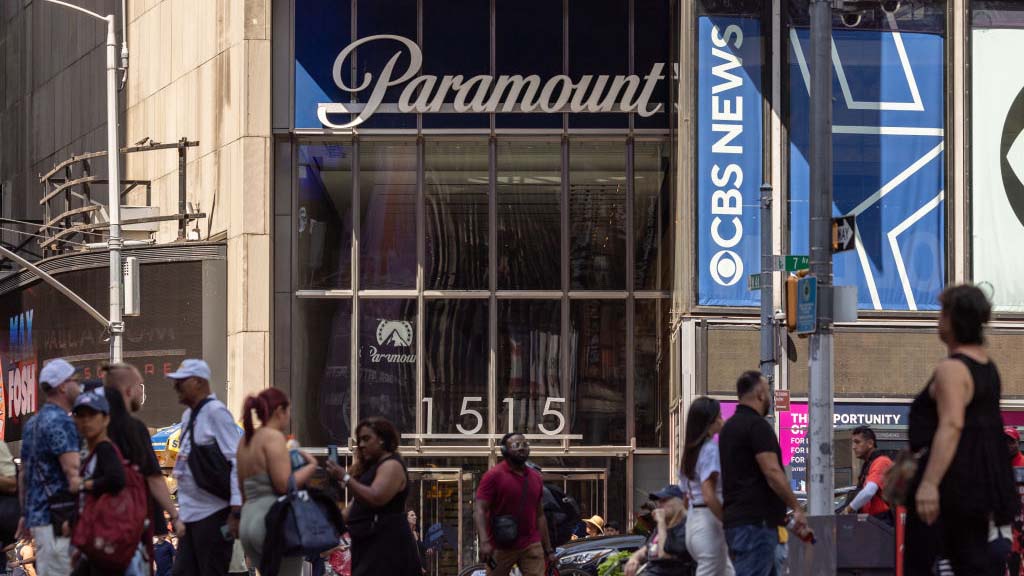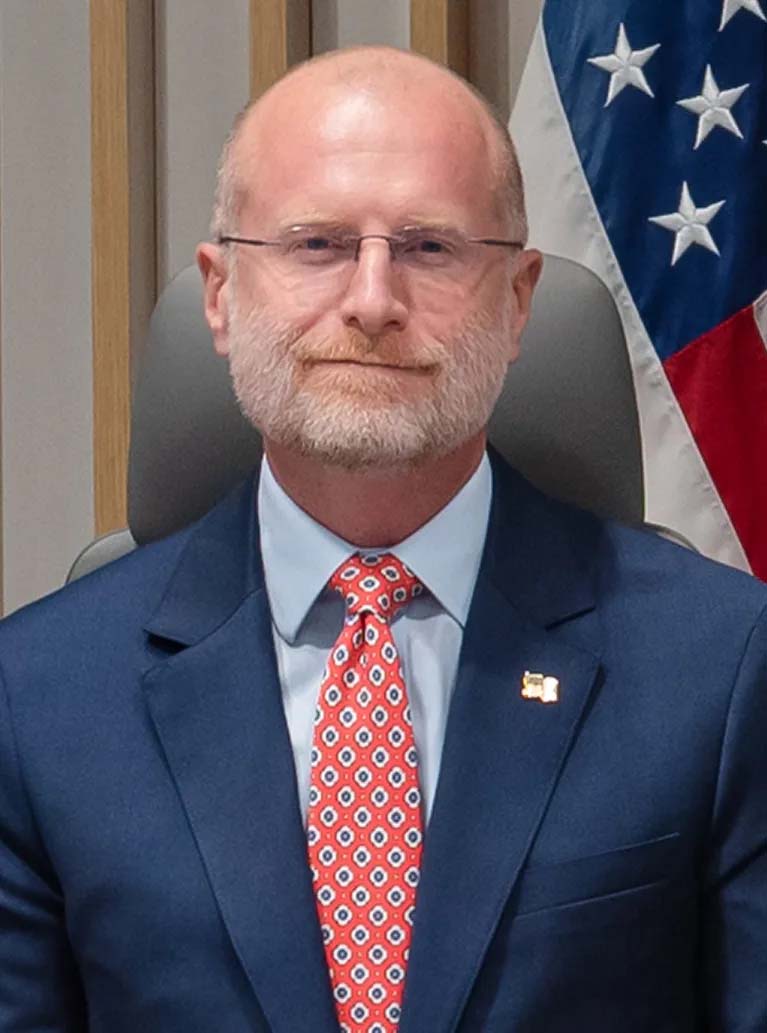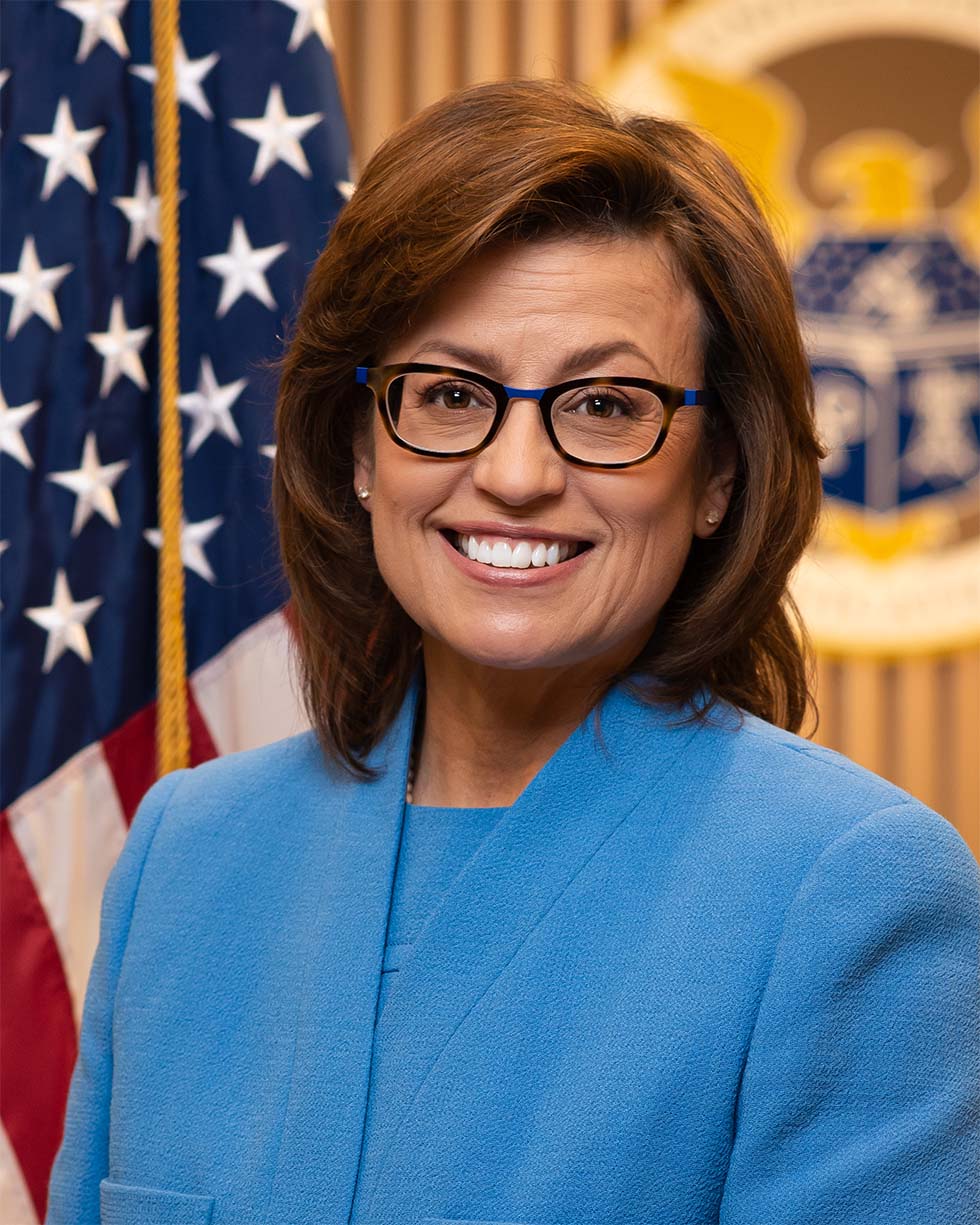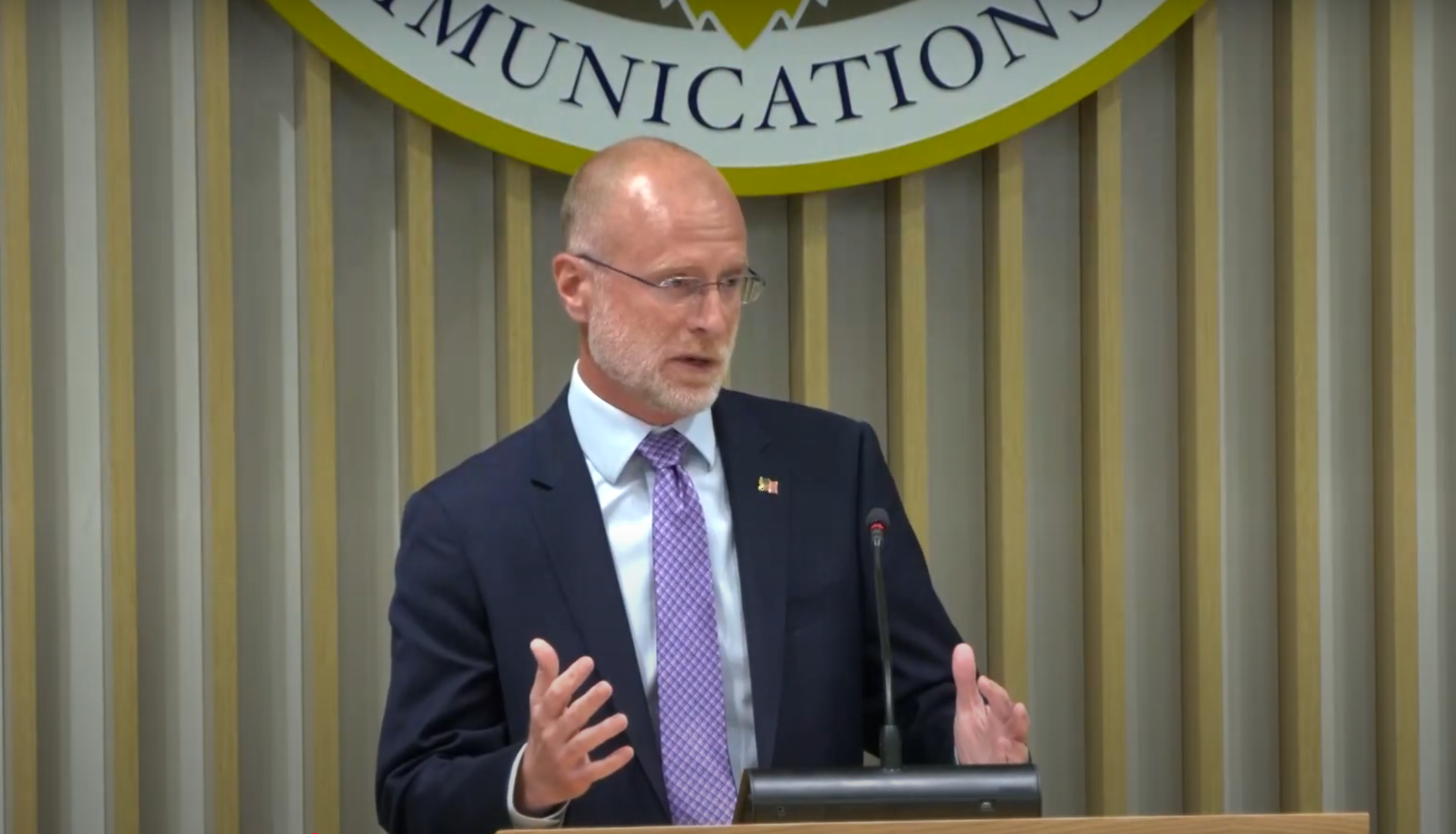Skydance to FCC: Paramount Will End DEI, Impose Controls to Ensure ‘Unbiased Journalism’
Chair Brendan Carr applauds promises to create an ombudsman for CBS News; Democrat Anna Gomez says New Paramount will ‘cowardly capitulate’ to ‘agency's ideological demands’

WASHINGTON—In a notable effort to obtain approval for the Skydance-Paramount Global merger, lawyers for Skydance have sent letters to the Federal Communications Commission saying that it will end all diversity, equity and inclusion (DEI) efforts and that it will set up control to ensure “unbiased journalism.” Those controls will include the creation of a CBS News ombudsman to handle bias complaints for the next two years.
During the July 24 press conference following the agency's open meeting, FCC Chair Brendan Carr declined to say when the agency might approve the merger, but applauded the promises made in two separate letters to the FCC by Skydance on July 22. Carr has repeatedly stressed that alleged complaints about bias would be part of the FCC’s merger review.
“I will say that I was pleased with some of the filings that came in from Skydance just this week,” Carr added. “Again, my view has been pretty clear. I think Americans trust in national programmers, ABC, CBS, NBC, is at the historic low … So I was very pleased to see Skydance put in a filing that says, if this deal goes through, they are committing to serious changes at CBS. I think that will be a good day. They've committed to addressing bias issues. They committed to embracing fact-based journalism. They've also committed to either not extending or removing invidious forms of DEI discrimination. I think those are all significant commitments that they've offered. And so we're gonna take a look at that. We're gonna weigh it in our proceedings.”

Later, Carr added: “These are voluntary commitments that they put in the FCC record. When people put commitments into the record, it goes into the mix as things that the FCC takes into account as it looks at the public interest benefits of this … in terms of a final FCC decision, and how that decision characterizes those things.”
In response to another question about some of his comments on a recent Fox News Channel interview about their being consequences for biased news coverage, Carr added: “President [Donald] Trump … ran against this idea that a handful of national programmers that are backed by a lot of executives based in Hollywood in New York, get to control and dictate to the American people what the narrative is, what they can say, what they can think. And most government officials, they just accepted the narrative that these gatekeepers would lay down. And President Trump ran directly at it. He smashed the facade that they have a gatekeeper position.
“The consequences of that are still being felt,” he continued. “[T]hat's why you see a lot of consequences that are flowing from the undermining of that from President Trump, smashing that facade of their positions. I think those consequences aren't finished, and they can continue to flow.”
In remarks at the press conference, Democratic FCC Commissioner Anna Gomez once again attacked the agency’s push to regulate news content at broadcasters, complaining about “the unprecedented way in which this once-independent agency has used its vast power to pressure Paramount to reach a private settlement and to further erode press freedom. Just recently, we learned that Skydance, or New Paramount, as some call it, will cowardly capitulate to adopt never-before-seen controls over newsroom decisions and editorial content. This is in direct violation of the First Amendment and the law.
The professional video industry's #1 source for news, trends and product and tech information. Sign up below.
“The company also said it will comply with this agency's ideological demands that undermine efforts to combat discrimination and expand equal opportunity. Turns out, it is quite easy to sell out your principles for pure profit.”

Gomez added: “I believe the public has a right to know how the government's First Amendment violations drove Paramount capitulation” and once again called for “our leadership to bring this transaction up for a vote by the full commission. We should be clear whether this commission stands on the side of the First Amendment and freedom of expression or in support of this administration's campaign of censorship and control.”
In terms of DEI, the Skydance letter to the FCC said: “I write to confirm the elimination of diversity, equity, and inclusion (DEI) initiatives that were in place at Paramount and to confirm our commitments moving forward. Skydance, for its part, does not have DEI programs in place today and will not establish such initiatives.”
It also noted, “Paramount also eliminated or modified DEI programs across the company to ensure that they are consistent with the company's commitment to equal opportunity and governing law.”
A second letter stressed that “we ‘recognize the importance of unbiased journalism and are fully committed to presenting a diverse array of viewpoints on television.’ We further reaffirm that, after consummation of the proposed transaction, New Paramount's new management will ensure that the company's array of news and entertainment programming embodies a diversity of viewpoints across the political and ideological spectrum, consistent with the varying perspectives of the viewing audience. Skydance recognizes that, as a broadcast licensee, it will be charged with operating in the public interest, and the company intends to undertake a comprehensive review of CBS and to make any necessary changes to ensure compliance with that standard. In all respects, Skydance will ensure that CBS's reporting is fair, unbiased and fact-based.
“Moreover, Skydance reaffirms its commitment to localism as a core component of the public interest standard,” the letter noted. “Indeed, the CBS affiliate network's over 200 local broadcast stations provide service throughout the country and are a trusted voice in local markets big and small. The value of these stations in their local communities cannot be overstated and Skydance will work closely with its affiliated broadcast stations to ensure a productive partnership, including by considering technological improvements, investments in local news resources and other measures that bolster local broadcasting.
“To promote transparency and increased accountability, Skydance also will commit, for a period of at least two years, to have in place an ombudsman who reports to the President of New Paramount, who will receive and evaluate any complaints of bias or other concerns involving CBS,” the letter continued. “New Paramount's executive leadership will carefully consider any such complaints in overseeing CBS's news programming. In evaluating Comcast's acquisition of NBCUniversal, the Commission found such a mechanism effective in preventing editorial bias in the operation of the NBC broadcast network.”
The two letters can be found here.
George Winslow is the senior content producer for TV Tech. He has written about the television, media and technology industries for nearly 30 years for such publications as Broadcasting & Cable, Multichannel News and TV Tech. Over the years, he has edited a number of magazines, including Multichannel News International and World Screen, and moderated panels at such major industry events as NAB and MIP TV. He has published two books and dozens of encyclopedia articles on such subjects as the media, New York City history and economics.

